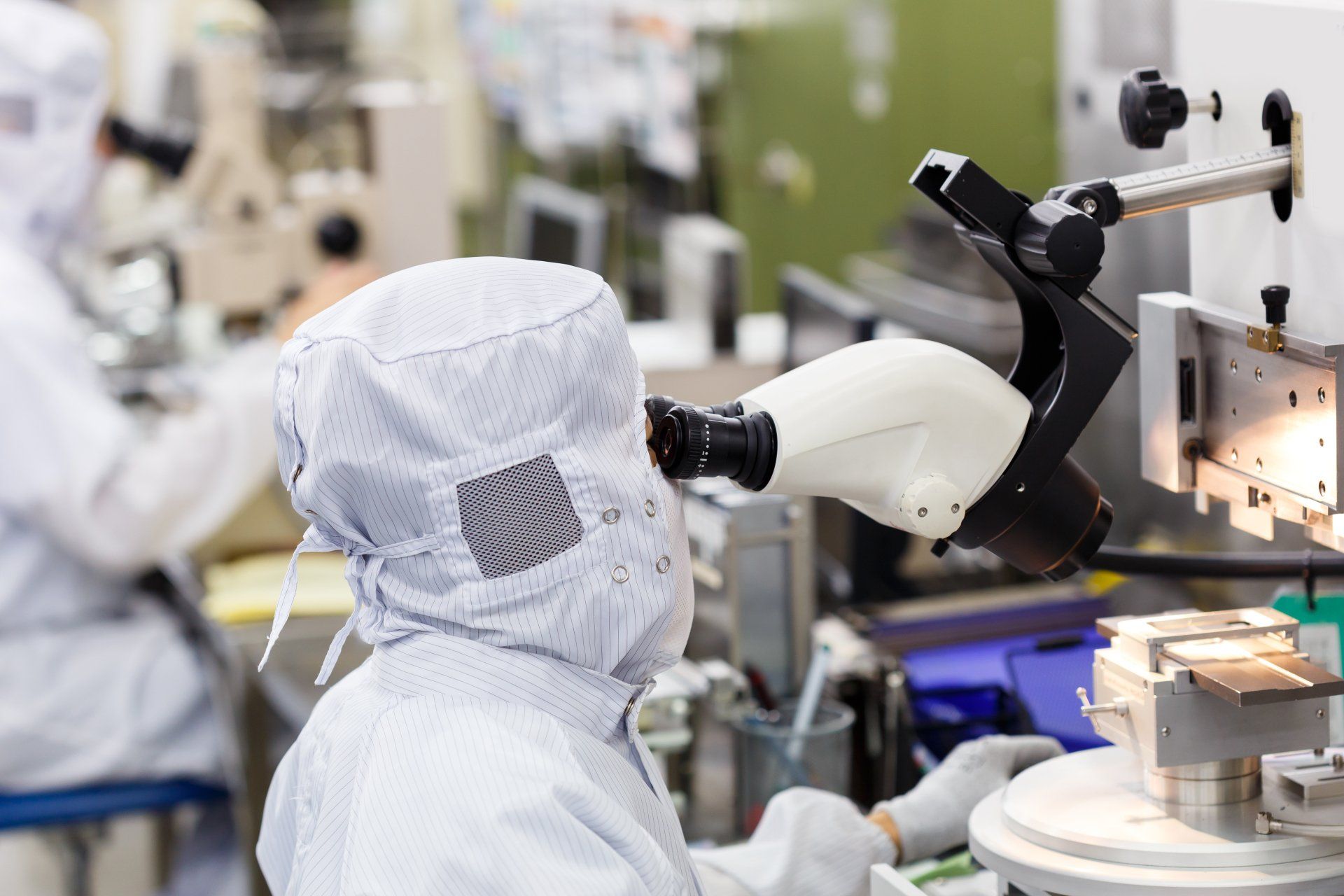Why grassroots talent pipelines are crucial for your biomanufacturing business

Oct 18, 2022
In the USA, demand for biomanufacturing talent is predicted to outstrip supply early next year (2023). There are some hugely interesting dynamics at play, but whichever way you look at it: nurturing early-career talent is the best long-term solution. We explore the trend - and share an upcoming opportunity to meet lots of talent at once.
The talent landscape is pretty sparse in biomanufacturing at the moment, albeit for all the right reasons. Interest, investment and productivity are at an all-time high, which means demand has grown rapidly. This is partly down to the pandemic highlighting the importance of getting new products to market (quickly), which has led to important regulatory changes, as well as huge injections of funding. But new technologies also play a big part in this advancement.
The number of graduates in this field is growing, although relatively few academic facilities offer the full GMP experience that many employers are looking for. Not only that, but the synthetic biology sector extends far beyond healthcare. The graduates and early career scientists you want to hire can also be snapped up by companies creating synthetic meat or leather, for example. These organisations are strong competition because their GMP protocols are less stringent, so they can more easily afford to train ‘on the job’ and work with candidates who lack experience, but also because sustainability is a huge priority for younger generations entering the workforce.
We looked at some of the solutions to this, among other talent issues, in a recent article on the future of hiring in Cell & Gene Therapy, which touches on the idea of nurturing the talent of the future. But what does that look like in action?
How to nurture the biomanufacturers of the future
There are lots of ways you can approach the monumental task of creating a strong pipeline of talent. Your strategy should be concerned with volume and quantity of candidates supported, of course, but in order to create a true pipeline there also needs to be a degree of connection with your business. Here’s how to achieve both of those things.
Put your money where your mouth is
If you really want a strong talent pool to choose from, you might just have to roll up your sleeves and create it yourself. That means funding the training, or parts of it, that matter the most. Of course, if you’re a small or young business, that’s likely not going to be possible - although the rest of this list is! But for big businesses that require large numbers of skilled candidates, creating your own in-depth training, or working with academic institutions to supplement theirs, is a powerful way to ensure you have a steady stream of candidates with all the right skills. For example, by offering your GMP facilities for local colleges to use, to allow for extra training, or by creating learning materials that students can reference in their studies.
Start a conversation
So how do you create that all-important connection between your organisation and potential candidates? You create opportunities for conversation. You’ll need to create or support a space where the candidates you’re interested in might gather, but once you have their attention all you need to do is share. Share insights and details about life as a biomanufacturing professional. Share stories about career paths, achievements and exciting projects. But also open the channels for communication. Run lectures and talks with dedicated Q&A sessions, have an email address where people can reach out to you, put a representative in place on a schedule to allow people to come and talk to them.
Meet them where they are
The upcoming generation of talent are digital natives. It takes more than a great website to catch their attention - you need a comprehensive online presence. That means social media - even if only LinkedIn - that shares details about your business and responds in a timely and human way to any queries. It means things like chat support for people using your website. It can also mean video content, such as ‘day in the life’ videos about different roles and the workplace culture. Talk about the things that millennials and GEN X/Y/Z in particular are interested in when it comes to their careers: money, flexibility, D&I, sustainability and how you’re changing the world for the better. All of this means that when students at your local college decide to do a quick check of ‘that company that’s launching a new course’ or ‘that person that came to do a talk’, they get inspired (rather than confused).
Embed yourself in the ecosystem
The academic ecosystem stretches far and wide - you’ll already have plenty of connections there, of course! But more and deeper relationships are always valuable. Start by exploring how you can contribute to the existing curriculum - perhaps allow a lab tour at your premises. Run a careers day, offer placements, see if you can get involved with running additional (or even core) lectures. Offer your employees the opportunity to volunteer at local academic institutions, or even in local community projects.
And of course, while colleges and universities are at the heart of the ecosystems, specialist recruiters are there, too. If you work with us (or an organisation like us) ask about our connections! We love opportunities to introduce our network of contacts to each other to find new ways to overcome the challenges of the future.
Tomorrow’s problems require novel solutions
We also love to come up with new solutions to these challenges ourselves. That’s why we’re holding Europe’s first online Life Sciences Careers Convention on 17 November 2022. While we don’t usually shamelessly plug like this, we are very excited about this event!
We expect to welcome thousands of people to the event. There will be candidates of all levels looking for their next career opportunities, as well as scientists who are interested in what’s next in life sciences, those who want to extend their network and, of course, companies looking to promote their own roles. If you’d like to be one of those companies and spread the word about why your business is a great place to work, let’s connect!
It’s a fantastic opportunity to meet and chat to candidates from all over the world. They will be able to book sessions to talk with you, download your materials and watch videos. We’ll also have a live virtual jobs board that you can contribute to. And the candidates will be able to enjoy a keynote talk, roundtable discussions in many different languages, one-to-one coaching with our consultants and networking activities. This event spans the whole life sciences industry (biomanufacturing and beyond!) and will feature content in English, French, German and Italian. It promises to be an exciting new way to network in our industry.
If you’d like to know more, don’t miss updates on our Kelly Life Sciences LinkedIn page.







